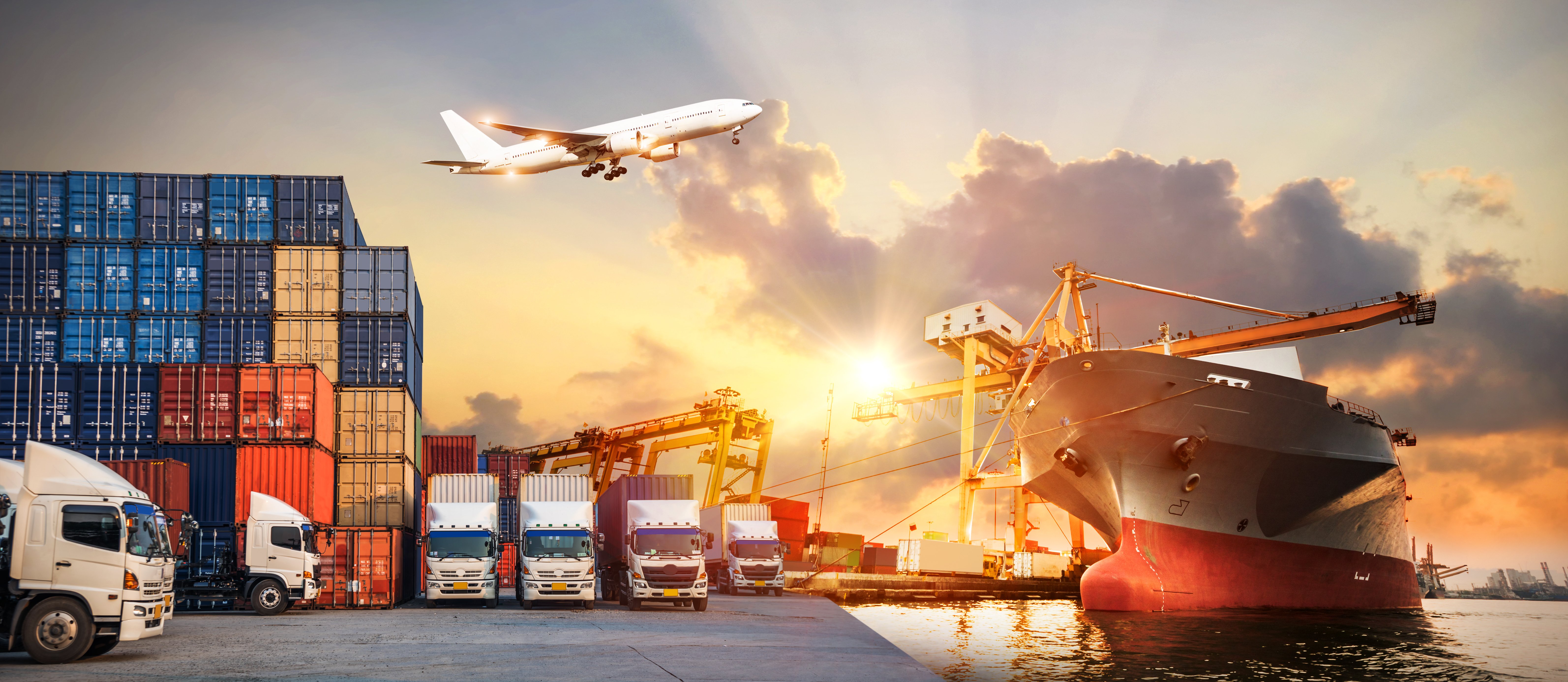
The range of cargo excursions can be found in their ability to handle various types of goods using different modes of transport. Air freight provides unparalleled speed, making it ideal to transport high-value items or shipments that are time-sensitive such as electronics and pharmaceuticals. Ocean freight on the contrary, has the advantage of large-scale shipping and transporting huge quantity of items such as oil, grain, and machinery across continents. Land transportation, such as trucks and trains, is crucial for connecting ports as well as airports with their ultimate destinations. Combining these methods through multimodal logistics and cargo journeys can offer customized solutions that are able to balance time, cost, and security. The flexibility of the business makes it vital for all businesses around the world.
The advancement of technology has revolutionized the industry of cargo transport that has improved efficiency, transparency, and confidence. Real-time tracking systems provide businesses with the ability of tracking the progress of their cargo, providing updates to make it easier to plan and reduce uncertainty. Blockchain technology is used increasingly to safeguard supply chain data, ensuring transparency and minimizing fraud or errors. Machine learning and artificial intelligence can improve logistics, forecasting the possibility of delays and creating more efficient route planning, which saves the time and energy. Automation in warehouses, including robotic sorting systems, further increases efficiency. This technological advancement does not just streamline processes but also build confidence between logistic providers and their customers, further ensuring the reliability of the system.
In a world where the logistics industry is growing technological advances have played an increasingly important role in making cargo journeys more efficient. Innovative tracking technologies as well as digital documenting and the automated handling of Cargo Expedition are changing how goods are managed throughout the journey. GPS and RFID technologies allow continuous tracking of cargo which provide both the shipping company and the client with the most current information regarding the cargo's location. Technology advancements make it easier to monitor the condition of cargo, ensuring that any delays or issues are promptly dealt with. Furthermore, digitalization has streamlined document processes, eliminating the need for paper-based records and making customs clearance much more efficient. To get further details please go to https://muat.com/pengiriman-cargo-jakarta/

The successful cargo journey heavily depends on the skills and coordination of logistics experts. They manage complicated supply chains and ensure compliance with international trade regulations as well as customs regulations. They constantly try to identify and overcome problems that could arise, including the occurrence of delays, geopolitical tensions and weather disturbances. Their ability to coordinate between multiple modes of transportation or time zones as well as the various languages is critical to maintaining the effectiveness of trade across borders. Continuous learning and improvement are vital in this area and allow professionals to stay up to advancements in technology and the constant demands of the global market.
Cargo trips are at the heart of international trade, which allows the movement of goods and driving economic growth worldwide. With advanced transport systems as well as innovative technologies and a focus on environmental sustainability, this industry is continuing to develop to accommodate the requirements of an ever-connected world. Expertise and dedication of experts in logistics enhance the effectiveness and reliability of their operations, guaranteeing that firms are able to thrive in a competitive market. As global trade continues to grow, cargo trips are a vital element of the supply chain. They will be instrumental in advancing trade and encouraging collaboration in a way that is unprecedented. The impact of cargo expeditions extends far beyond logistical logistics. They shape economies and connecting local communities across the world.